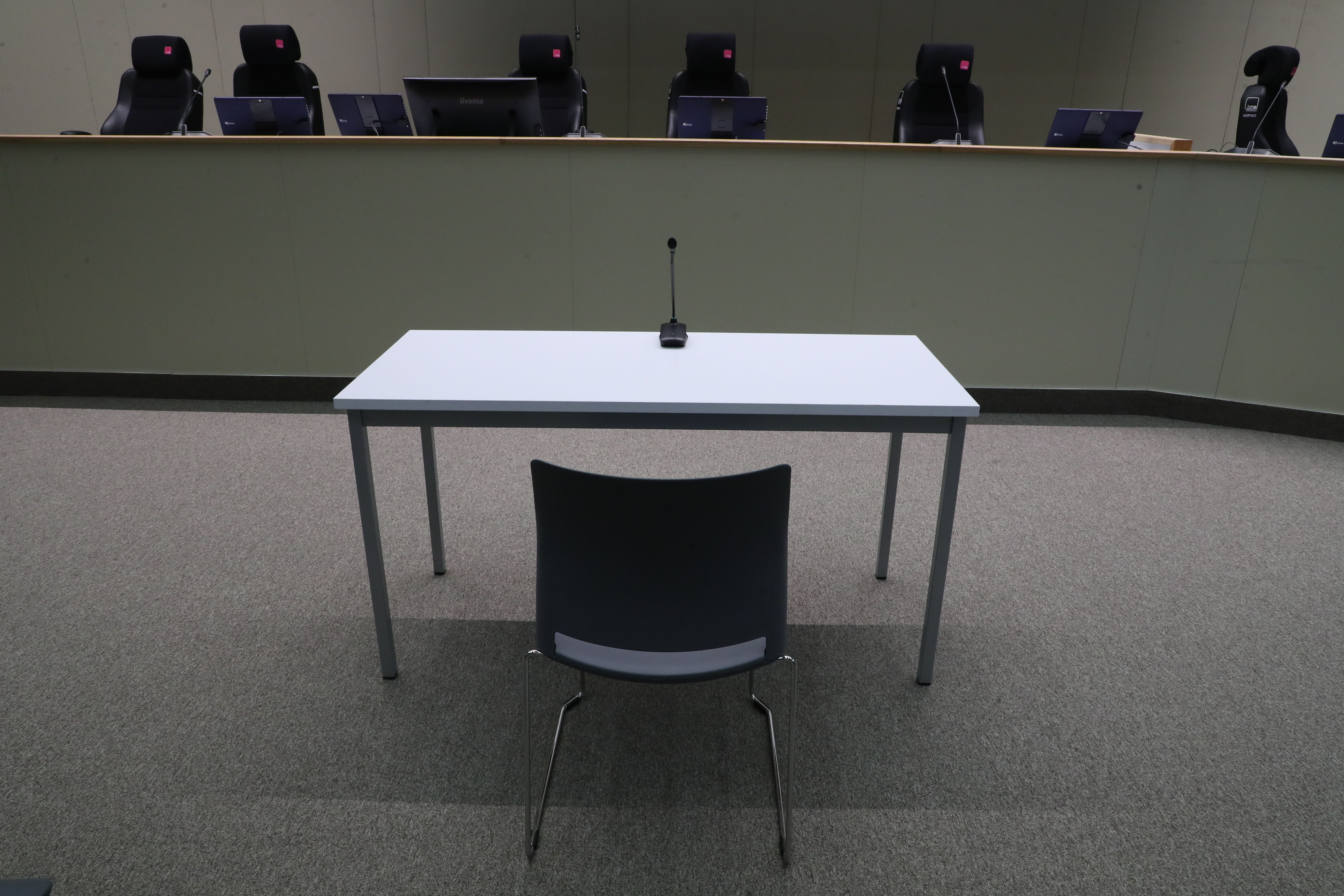A growing number of people question the independent functioning of the justice system

According to the latest edition of the Justice Scoreboard of the European Commission, the inhabitants of Belgium and a considerable number of other EU Member States increasingly feel that the justice system does not work independently.
Some 31% of Belgians have a "fairly bad" or "very bad" image of the independence of judges and courts. In 2021, this was still only 24%. Some 60% consider independence very good, a figure that is 6% lower than a year earlier. In Finland, the independence of the judiciary is rated most positively with almost 90%, while in Croatia the perception is most negative with only 20%.
"The fact that the general public's perception of the independence of justice has decreased in half of the member states since last year is worrying and shows that we need to act to restore citizens' trust in justice," European Commissioner for Transparency and Values Vera Jourova said on Thursday.
Regarding the access to court for people with disabilities, European Justice Commissioner Didier Reynders said that all Member States have taken measures, but that barely half provide aids such as Braille or sign language on request. Belgium is a prime example in this respect. Our country is among the Member States that provide the most facilities and solutions for people with disabilities.
Quality and trust
Although Belgium scores relatively high for accessibility, this is especially true for quality and trust. As regards digitalisation, there is still room for growth. With regard to financing, the figures are slightly positive, but in other areas data are lacking to evaluate the policy.
Belgium also scores relatively low for the number of judges per inhabitant and for the investments in justice. Public expenditure for the functioning of the justice system will amount to between 0.2 and 0.3% of GDP in 2020. This puts Belgium among the smallest payers in the EU, next to France and Luxembourg.
(AHU)
© BELGA PHOTO Nicolas Maeterlinck